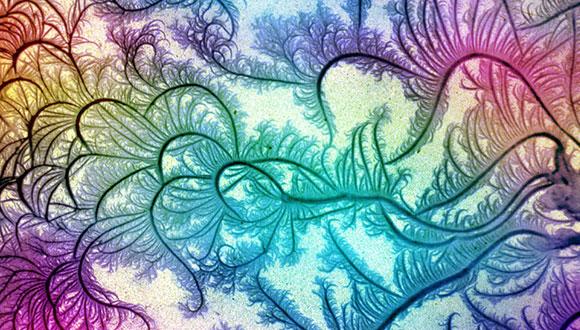Special Condensed Matter Physics Seminar: Proximity induced super-current, topological valley-currents and electron’s viscosity in graphene
Dr. Moshe Ben Shalom, University of Manchester
Abstract:
Research in graphene has evolved into a stage in which other isolated atomic planes of materials can now be reassembled in a chosen sequence, as in building with Lego where the blocks are defined with one-atomic-plane precision [1]. Due to their weak interlayer forces “Van der Waals” crystals can be separated to individual layers of a single crystallographic domain before reorienting and transferring them to form a new stack. The first part of the talk is aimed to give a wide review of the recent research done in Manchester in this field, with emphasis on ways to study materials which are unstable in ambient conditions [2].
The second part will focus on heterostructures in which graphene is stacked between hexagonal boron nitride crystals (hBN), where electrons can travel for many micrometers before experiencing any scattering or decoherence. I will first describe the extremely high superconducting currents which can be driven along graphene by placing it in proximity to a superconductor [3]. Remarkably, these currents persist even in the presence of high magnetic fields such that graphene can, in principle, be tuned into the Quantum Hall regime. The proximity-induced supercurrent, however, is found to be mediated by mesoscopic trajectories at the edges and its cut-off is prior to the onset of the QH. Next, I will discuss the nature of current flow when breaking the inversion symmetry of the system and opening an energy gap. Topological valley currents are predicted when placing the chemical potential in the gap. Lastly, I will present experimental observations of hydrodynamic-like flow and formation of electron-whirlpools in this system at higher temperatures [4].
[1] "Van der Waals heterostructures." Nature 499 (2013) 419.
[2] “Quality heterostructures from two dimensional crystals unstable in air by their assembly in inert atmosphere.” Nano Letters 15 (2015) 4914.
[3] "Proximity superconductivity in ballistic graphene, from Fabry-Perot oscillations to random Andreev states in magnetic field." (arXiv:1504.03286).
[4] "Negative local resistance due to viscous electron backflow in graphene." (arXiv:1509.04165).
Seminar Organizer: Prof. Shimshon Barad


